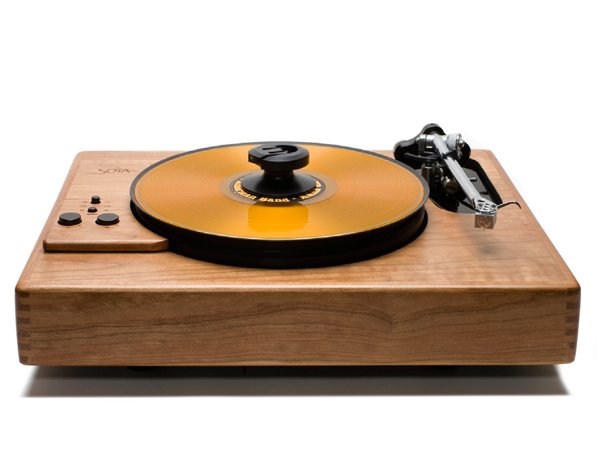"Exzcellent sounding" depends on taste. Analog that does not accurately represent brass bite, for example, is not for me. I just can't live with a 'polite' sound. But if you can live with the extra softness and roundness of tone that less than SOTA analog offers, or even crave it, then all the good things that a decent turntable can do, great rhythm & timing and good tonal density among them, can indeed sum up to "excellent sound". It's just not for me. I need a believable portrayal of the natural hardness of many unamplified instruments, brass among them. I'm too used to good rendtiion of that aspect of sound from better digital that I could look past it on less than SOTA analog.
OMG. My whole love for Analog is because of the reproduction of brass (and violins)! And I have been listening to LSO perform Mahler on a regular basis (not to mention Bruckner, or having heard Dudamel's big trombone section stand up towards the end of Wagner's Valkyrie blowing them in my face).
Bill is a first trombonist, you can ask him. From what you are writing, I think you need to investigate analog more, buy 5 LPs, then go around to different analog rigs. No need to look at Madfloyd's expensive one, look at some cheap ones. There will be some boring ones, sure.







